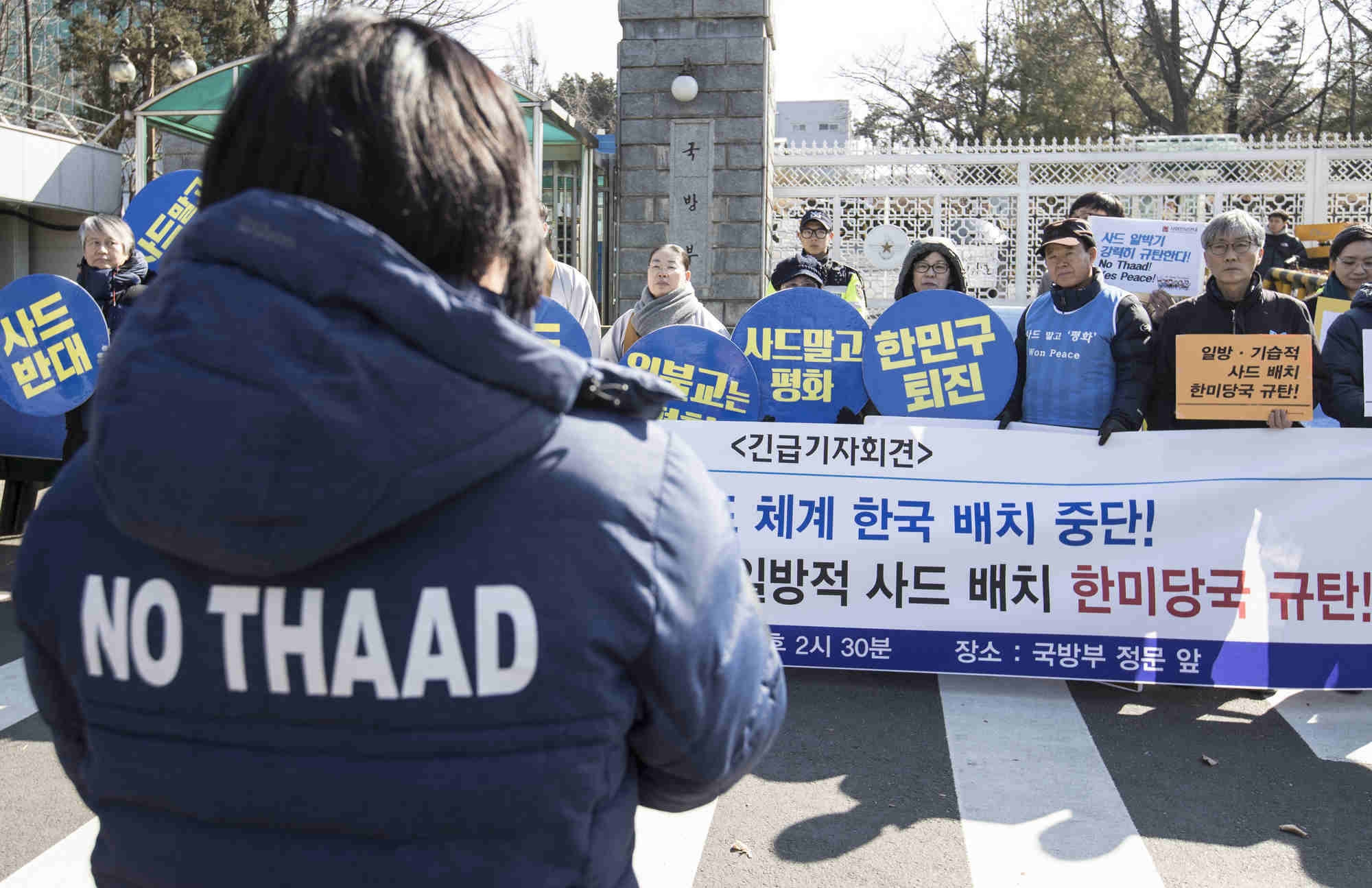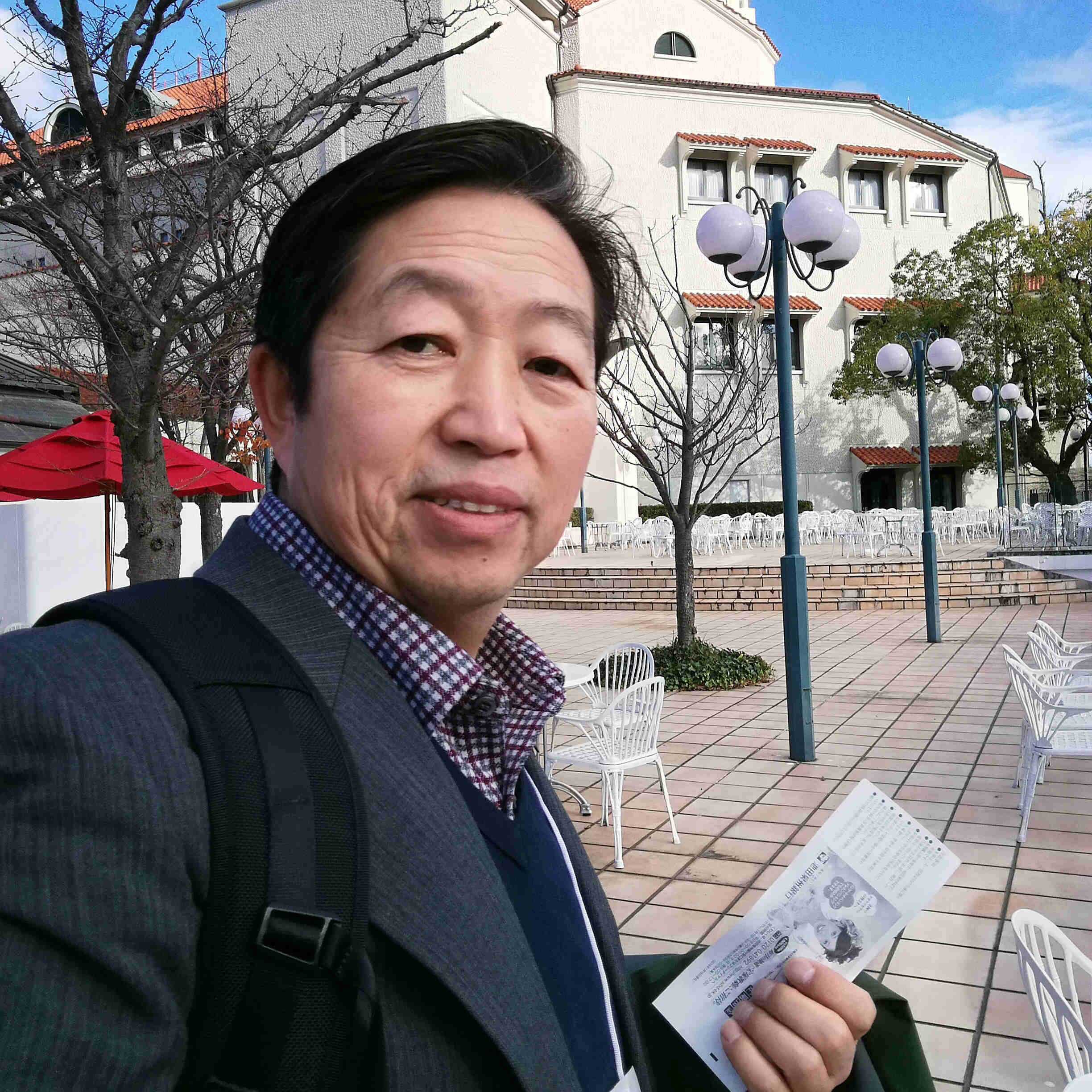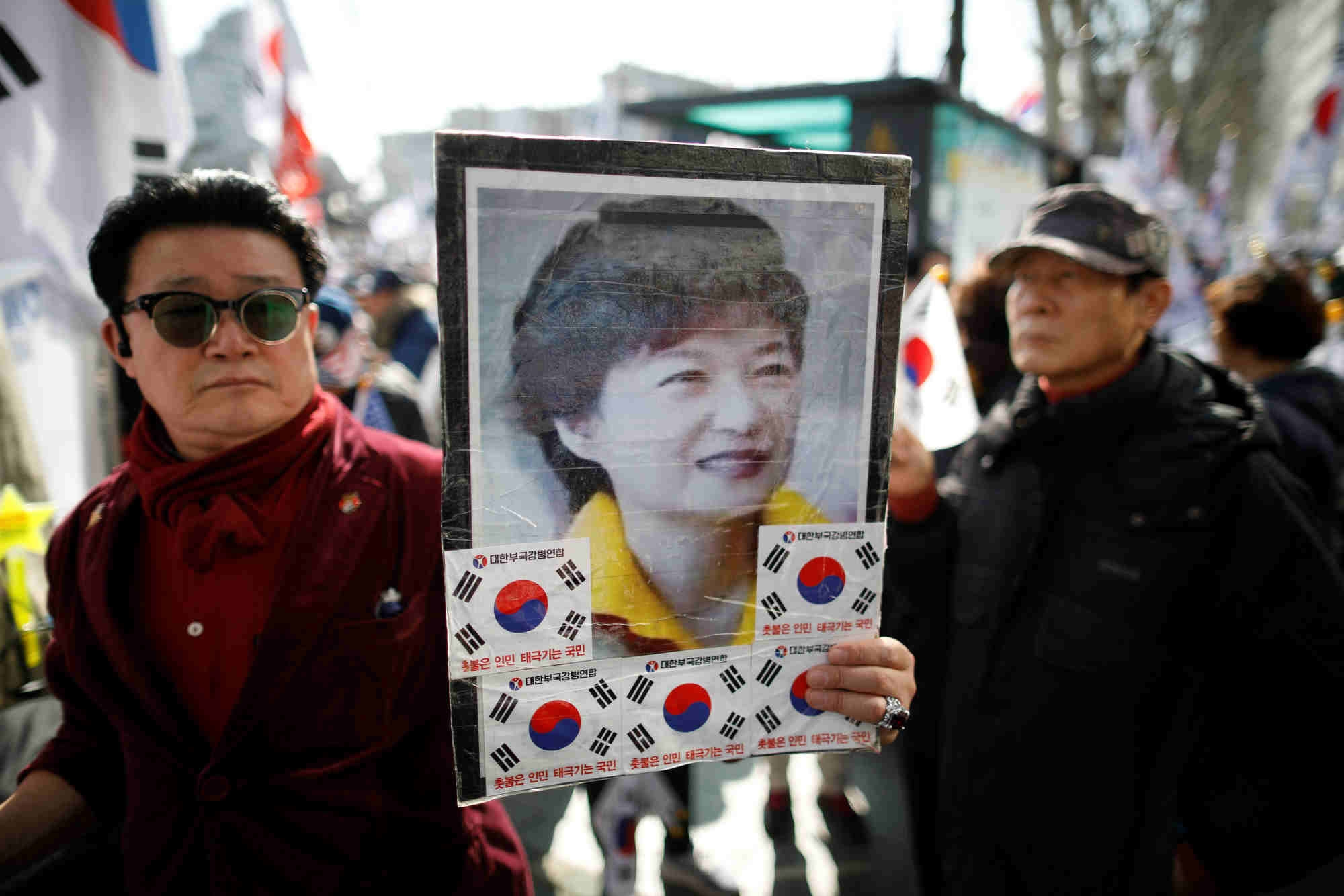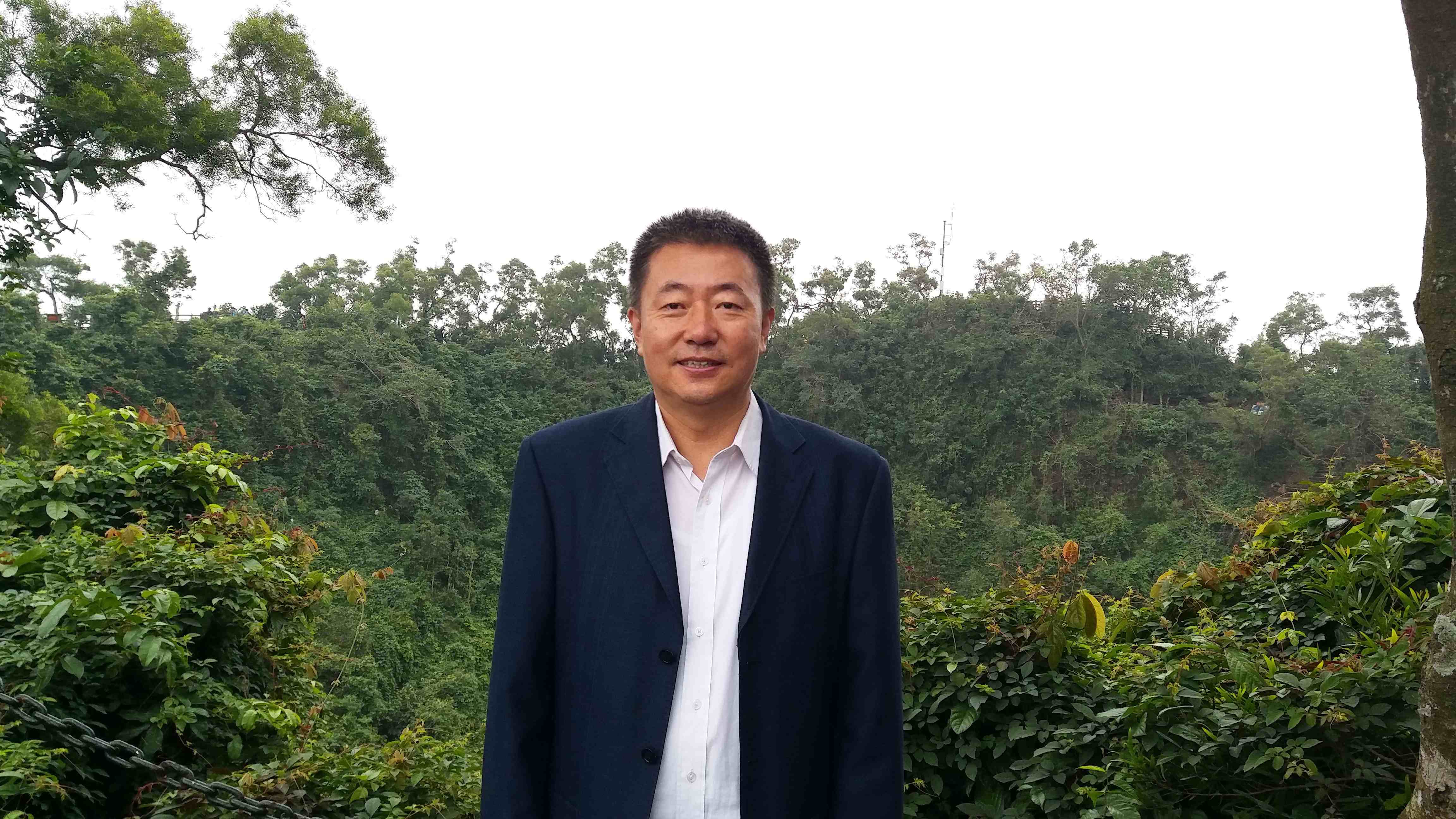중국의 CGTN이 박근혜 대통령이 탄핵되여, 청와대에서 물러나게 됐을때, 한국과 주변 국가간의 관계는 어떻게 변화 될까?를 지린대학에서 극동아시아관계를 연구하는, Shen Haitao교수는 누가 다음 한국의 대통령이 되든 주변국과의 국제관계를 자세히 설파 했었는데, 다 예측데로 진행된것으로 이해되나 지금 다시 Review해보니 2가지는 빗나갔음을 느낄수 있다.
첫째: THAAD는 박근혜 대통령당시, 중국의 반대에도 무릅쓰고, 계속 배치 될것으로 예측했었으나, 박대통령때 배치한 한기의 THAAD외에는 더 배치된게 없다. 보수정책을 승계하는 대통령이었었다면, 다배치 했을텐데, 좌파 사회주의를 주창하는 문재인 대통령은, 미국과의 동맹관계를 기본적으로 흔들면서, 더이상의 THAAD배치를 하지 않았다.
둘째: 깊은 골이 파여있는 한일 관계에 대해서는 이전까지 해왔던데로 선린 관계는 안될것이고, 더구나 소녀상을 주한 일본 대사관을 비롯한 여러곳에 설치하면서, 그대로 한일 관계는 그대로 삐딱한 관계로 계속될것으로 예측 했었다. 그러나 문재인 정부는 도를 더해, 일본과 맺었던 동북아 군사안보정보를 교환하면서, 북한과의 대적관계를 탐지해왔던 GSOMIA까지, 문재인 정부는 일방적으로 파괴하고, 이에 대한 보복으로 일본은 한일간에 국제무역에서 White List구룹에 한국을 회원국으로 대우해주었던 특혜를 삭제하여, 한국의 삼성및 SK에서 Cell phone 및 컴퓨터에 들어가는 부품은 전적으로 일본에서 수입해 왔었는데, 이에 대한 충격이 굉장히 컸었다.현재 한국의 수출 통계는 문재인 좌파정부의 삐툴어진 정책으로 마이너스 성장을 하고 있다.
지난 2년반동안, 한국의 외교는 주변국 중국, 일본, 북한 그리고 미국등으로 부터, 완전 왕따당해, 외교 부재라는 나라로 추락하였는데도, 정부는 전혀 개의치 않고, 그대로 밀고 나가는 우를 범하고 있는것이다. UN에서 Section Chief(과장)로 근무했던 실무자를 10경제 대국의 외교수장으로 영입했으니, 어떻게 국제사회 외교마당에서 일어나는 큰 그림을 소화할수 있었겠는가? 외교왕따는 당연한 결과로 이해된다.
2년반이 지난 지금에 와서, 굳이 다시 당시 탄핵상황을 되돌아 봄으로써, 앞으로 한국의 국제관계 외교에서
그동안 어떻게 변화돼 왔었나늘 되씹어 보는것도 의미가 있을 것 같아, 아래에 당시 CGTN의 뉴스보도를 옮겨 봤다.
South
Korean President Park Geun-hye was permanently removed from office on
Friday as the country's constitutional court upheld the impeachment
motion against her.
The
ruling brings an end to the months-long legal battle which saw Park
slowly fall from grace. Chaos continues in the country as Park’s
supporters rallied outside of the Constitutional Court after her
impeachment, with at least two people killed in clashed with police.
Political
uncertainties also abound in the international arena. Will her removal
lead to any significant changes in the country’s relations with its
neighbors, including the DPRK, China, and Japan? Will the US-South Korea
alliance be affected?
THAAD a big obstacle for China-South Korea ties

South Korean residents protest against the deployment of the THAAD system in Seoul, South Korea, on March 10, 2017. /CFP Photo
China
and South Korea were generally on good terms during Park’s time in
office. But relations took a dramatic turn for the worse last July, when
South Korea confirmed plans to deploy the US THAAD anti-missile system,
even after Park's decision was met with strong opposition from the
Chinese government.
For
THAAD to work, South Korea will employ a radar detecting system which
is able to probe areas within a radius of 3,000 kilometers. This range
goes beyond the DPRK and reaches far into Chinese territory.
Experts say that even with Park gone, the decision to deploy the system is unlikely to be overthrown.
“The
deployment of the THAAD is a US-dominated decision. No matter who
becomes the next president for South Korea, the system will be there,”
said Shen Haitao, a professor from Northeast Asian Studies College,
Jilin University.

Shen Haitao, professor from Northeast Asian Studies College, Jilin University. /CGTN Photo
But
South Korea won’t make enemies with China as it knows that a good
relationship with the world’s second-largest economy is beneficial, Shen
told CGTN.
"The
two countries share a strong foundation in trade and economic
cooperation. But the THAAD problem might create a backlash against
Korean projects in China. Investment from Korean companies, like Samsung
and Lotte, might also be affected,” said Su Hao, a professor at China
Foreign Affairs University.
US-South Korea alliance immune
US
State Department spokesman Mark Toner said on Friday that the two
nations’ alliance “will continue to be a linchpin of regional stability
and security,” and that the US regards Park’s removal as “a domestic
issue on which the United States takes no position.”
Shen
said that the US-South Korea alliance won’t experience any “substantial
changes,” citing a strong political and historical basis.
Japan
has also been quick to respond following Park’s removal. According to
Kyodo News, top diplomat Fumio Kishida said Friday that Japan will work
together with whoever will be chosen as the next head of state in South
Korea.

Supporters
of South Korean President Park Geun-hye attend a protest before the
ruling on her impeachment near the Constitutional Court in Seoul, South
Korea, on March 10, 2017. /CFP Photo
However, Shen believes ties between South Korea and Japan may suffer from some bumps.
Diplomatic
frictions between the two neighbors have been deepening over a recently
erected statue of a "comfort woman." The statue symbolizing the
hardships of Korean women whom Japan forced into sexual slavery during
World War II was set up in front of the Japanese consulate in Busan.
“Historical
issues always stand as a big obstacle for South Korea-Japan relations.
How the relations go depends a lot on how the new leader views these
problems,” according to Shen.
Tension on the Korean Peninsula unlikely to ease
Relations between the DPRK and South Korea were far from smooth under Park’s administration. Analysts say that won’t change.
“The
DPRK won’t give up its nuclear weapons or the development of missiles.
That has determined that there won’t be any substantial changes in the
relationship,” said Zhou Yongsheng, an associate professor with China
Foreign Affairs University’s Institute of International Relations.

Zhou
Yongsheng, an associate professor with China Foreign Affairs
University’s Institute of International Relations. /CGTN Photo
On
Monday, the DPRK launched four missiles that fell into waters off its
eastern coast, triggering strong opposition from neighboring countries
including China, which said that the act was in violation of UN Security
Council resolutions.
“I
don’t think it’s going to make that much difference whichever president
moves into the Blue House in Seoul, because the threats that the DPRK
has presented in recent months and years are extremely serious,” said
Daniel A. Pinkston, a lecturer in international relations at Troy
University in the US state of Alabama.
https://news.cgtn.com/news/3d59544d7a6b6a4d/share_p.html?t=1489136005615


No comments:
Post a Comment